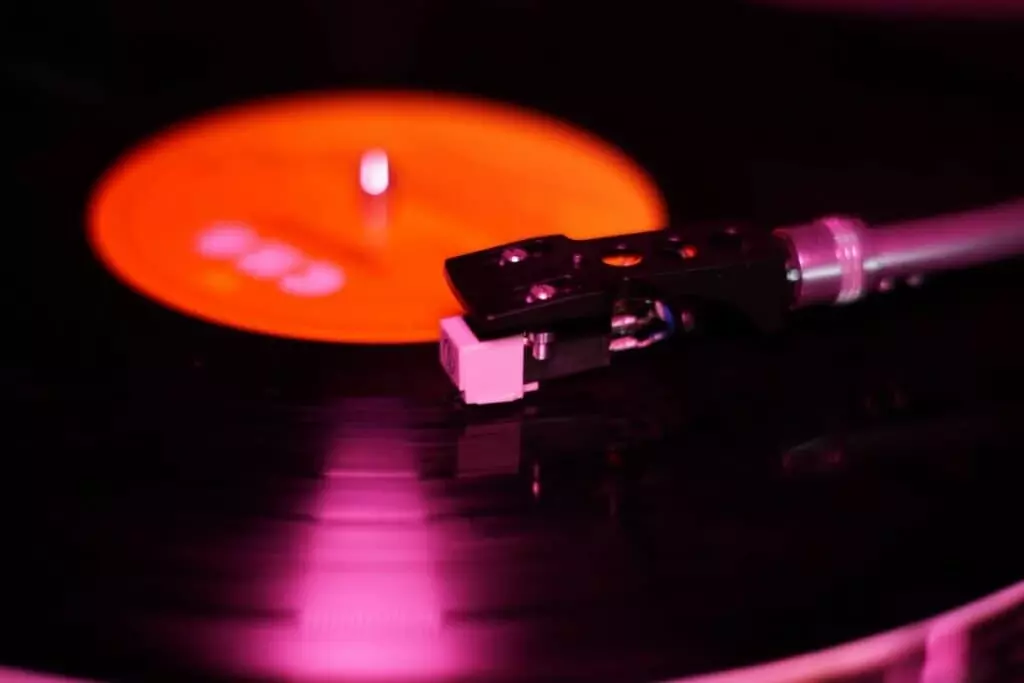
In a world where streaming platforms dominate how we listen to music, people have gotten used to paying little money to enjoy an unlimited number of songs. Back in the day, past generations had to spend money on their favorite artist’s CDs, tapes, or records if they wanted to listen to them.
The price of vinyl records has increased mainly because of high production costs. With fewer record pressing plants than in previous decades, there’s more demand for the service. As sales have increased, artists and record labels realize they can charge more to capitalize on this popularity.
In some ways, it’s become easier for modern artists to monetize their music and brand, although selling their music in physical formats is nowhere near as lucrative as it was at the height of CDs. The resurgence of vinyl records has allowed artists to compensate somewhat for the relatively low royalty payments they receive from streams, making it hard to begrudge them for charging more money.
Let’s get into some other reasons vinyl records are so expensive.
Why Are Vinyl Records So Expensive?
Vinyl records have bounced back dramatically despite looking like a dying medium in the mid-2000s. For over a decade, sales have consistently increased, with the British Phonographic Industry’s figures for 2021 showing that over 5 million records were sold in the UK alone – the highest number for three decades.
This spike in popularity is the main reason that vinyl has become increasingly expensive recently.
It’s not uncommon for new records to be priced close to $50, with some limited edition presses selling for even more than that figure.
The power of supply and demand is certainly at play in the modern vinyl climate, with record labels and artists taking full advantage of the popularity of records at present.
Although this has made being a vinyl collector in the modern day an expensive hobby, who can blame those working in the industry for trying to maximize the profits from their art?
Streaming platforms don’t provide most artists with a full-time income, meaning their main income streams are live shows and selling merchandise, of which vinyl records are amongst the most popular products.
Another important thing to consider is that the production of vinyl records requires specialist equipment and materials that aren’t cheap or very common.
Popular guitarist and songwriter Jack White recently made a plea to the major labels to start pressing vinyl records again to help with the demand being put on smaller labels and distributors, including his own Third Man Records, as you can see in the video below.
A global pandemic and supply chain issues certainly haven’t helped things, but those who care about preserving vinyl records for future generations are concerned that it could become somewhat of a novelty that isn’t affordable to most music fans if things don’t change on the manufacturing front.
Is it Worth Getting Into Vinyl?
There are three types of vinyl fanatics – those who enjoy them mainly for their warm, analog sound, those who are more interested in collecting records, and people who enjoy both.
From a financial viewpoint, collecting vinyl records can be a lucrative endeavor in the long term. If you’re lucky enough to find records that were pressed in the ’50s, ’60s, or ’70s in good condition, you can expect to make a good profit by holding onto them for years to come.
Prices have risen as vinyl records have become more popular in the past fifteen years.
Whether this rise continues depends on if the popularity of vinyl continues in the coming years and decades or whether it goes into decline again.
It’s worth getting into vinyl purely to become a record collector.
Searching record stores for interesting finds is a lot of fun, and if you know what you’re looking for, this can also be a good way to make some profit.
The other great thing about getting into vinyl record collecting is that you will naturally discover a lot of music that you perhaps wouldn’t have been exposed to otherwise.
You may be lured in by interesting artwork or select a random album because you recognize the label it was released by.
Then there’s the fact that purchasing vinyl can be a great way to support your favorite artists, particularly those that aren’t signed to a major label.
Independent artists rely on money from merchandise, touring, and streaming royalties, so you’ll be helping them out by buying one of their records.
Why is Vinyl so Special?
Many people consider vinyl a special way to listen to music, and there are several reasons for this.
Firstly, there’s no denying that vinyl records are unique compared to other ways we consume music in the modern world – CDs are probably the closest thing we have to vinyl, but they are nowhere near as popular these days.
A vinyl record is more than just a piece of music – it’s a physical product with a visual aspect too. Artwork is very important, as it can set the tone for an album and act as another branch for the artist to express their inspiration that isn’t directly related to sound.
When you select an album or song to play on a streaming platform, you might glance at the small picture of the artwork, but with a vinyl record, you’re more likely to analyze the imagery and visuals presented on the front cover of the sleeve.
We’ve written a guide that will help you understand the type of people that buy vinyl in the modern day.
In addition to the visual aspects of vinyl records, another thing that makes them special is the process that they involve.
Removing the record from its sleeve and carefully placing it down on the turntable platter before gently positioning the stylus on the outer grooves is incredibly satisfying and almost feels like you’re putting in some work to enjoy the reward of listening to your favorite music!
Sonically, vinyl records aren’t like any other way that we listen to music.
None of the digital music formats can recreate the authentic sound of a record player, and other analog mediums, like cassette tapes, can’t compare to the inviting tone of vinyl.
For many people, vinyl records remind us of decades ago when families gathered around their record player to listen to their favorite songs rather than simply shuffling a playlist on a digital streaming platform.
Will The Price of Vinyl Go Down?
In the current financial climate, it’s difficult to say whether the price of vinyl records will eventually decrease.
The consistency of vinyl sales over the past decade indicates that the popularity will continue, and costs are unlikely to go down soon.
There is a demand for vinyl pressing plants to be created by major record labels to ease the burden on independent manufacturers, and if this happens, it may cause the price of new vinyl to go down.
However, with artists trying to make money to support their careers, it is understandable that they would try to maximize profits from the sales of records.
Not many people could have predicted the decline and resurgence of vinyl records that we’ve witnessed in the past 50 years, so anything is possible in the future.
If records become less popular again, then the prices are likely to decline, but the statistics suggest that this doesn’t look likely in the near future.
Vinyl LP Sales in the USA
| Year | Units Sold |
| 2021 | 41,700,000 |
| 2020 | 27,500,000 |
| 2019 | 18,840,000 |
| 2018 | 16,800,000 |
| 2017 | 14,300,000 |
| 2016 | 13,100,000 |
| 2015 | 11,900,000 |
| 2014 | 9,200,000 |
| 2013 | 6,100,000 |
| 2012 | 4,600,000 |
| 2011 | 3,900,000 |
| 2010 | 2,800,000 |

